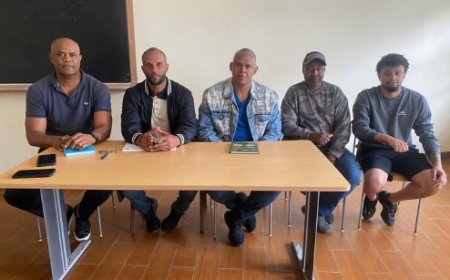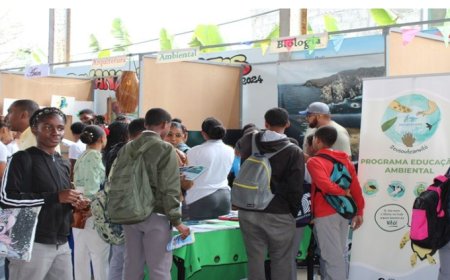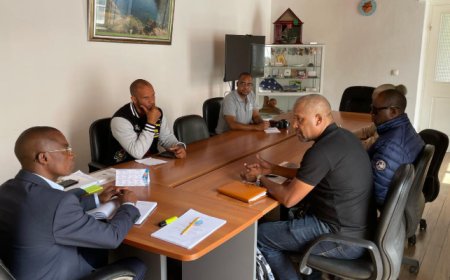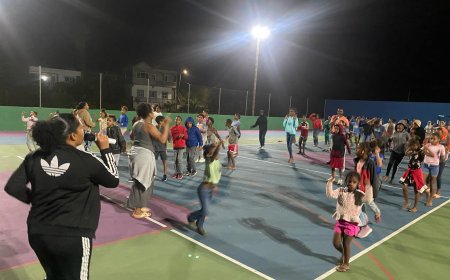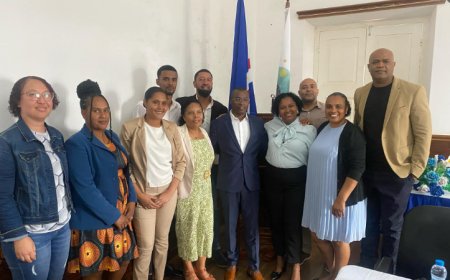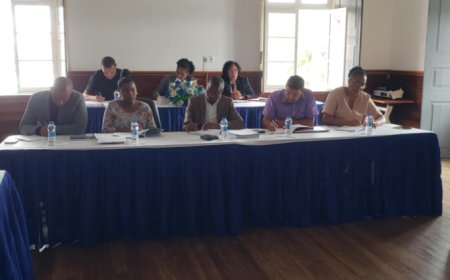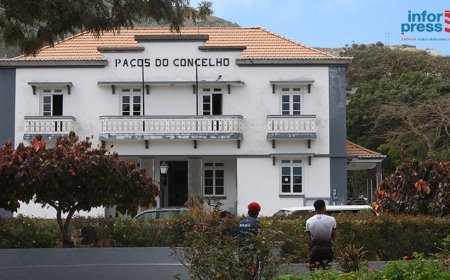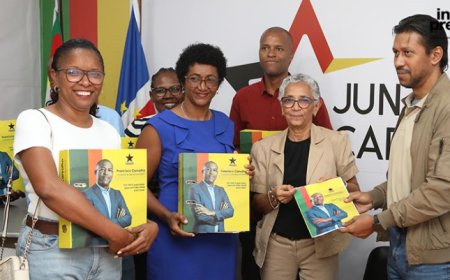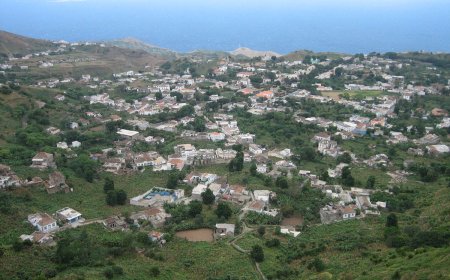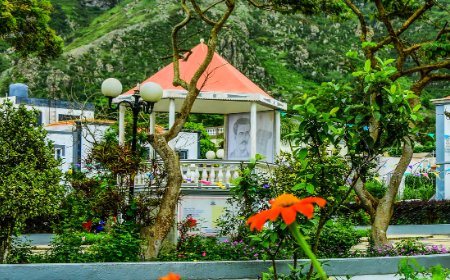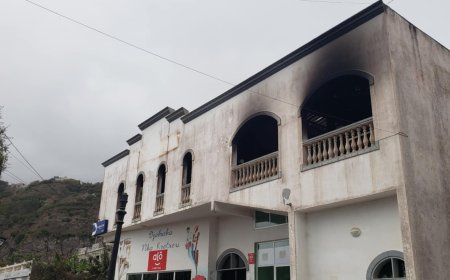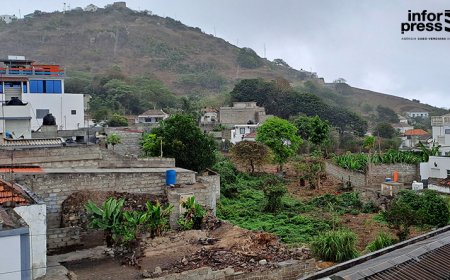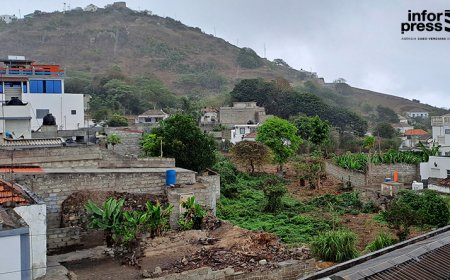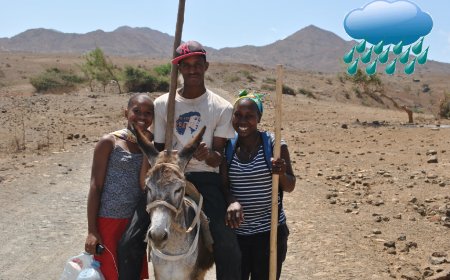Cape Verde fog chasers perfect techniques in the Canary Islands
Three members of an environmental association travel to the Canary Islands on Saturday to perfect the technique of “hunting” fog to capture water, a way of trying to counteract the archipelago's arid climate.
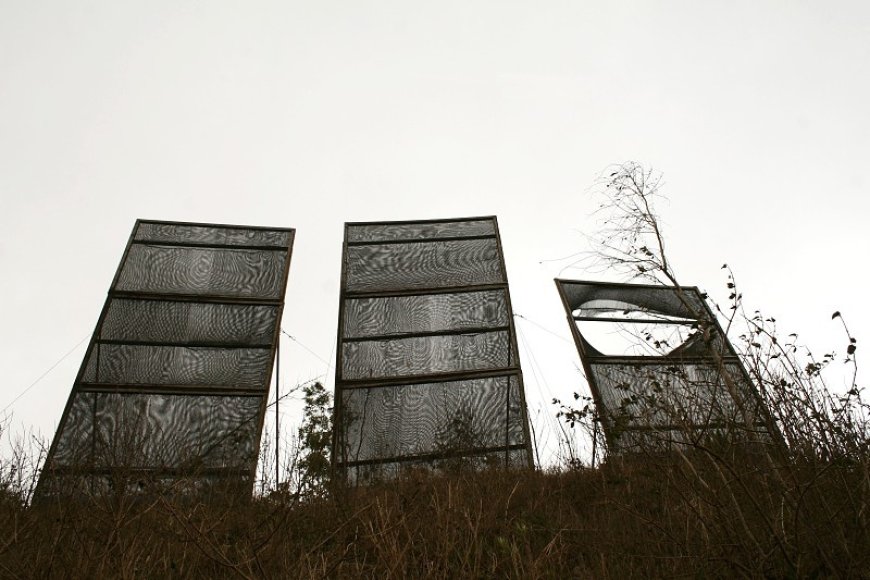
"Members of the Biflores association and communities on Brava Island are already dreaming of capturing water from fog. As they say, necessity is the mother of invention," the association's director, Dheeraj Jayant, told Lusa.
On an island where rain is very scarce, every drop is precious and there is a tradition of spreading plastic sheets on the slopes, for example, on foggy days, so that when in contact with the droplets suspended in the air, larger ones form, which are then drained into buckets. or other reservoirs.
If the conditions are ideal, it is possible to capture up to 400 liters from the atmosphere in one day, explained Jayant.
The trip to the Canaries, as part of the Iberian Life Nieblas project (which also covers Portugal), will help fog hunters to improve their methods and learn about new techniques, such as condensation nets mounted on vertical structures.
The exchange is supported by the French non-governmental organization (NGO) Smilo, dedicated to projects on small islands.
The rugged terrain favors the formation of fog on Brava Island.
The water capture project that will be implemented on the island is due to “the severe drought suffered” by Cape Verdeans and which has mainly affected farmers and the conservation of the island's endemic species.
This year is being an exception, with the rainy season (between July and October) bringing precipitation, but the arid climate is an ever-present characteristic of the archipelago, highlighted Dheeraj Jayant.
"Water scarcity has led many farmers and livestock breeders to abandon their activities. However, the high-altitude areas of Brava have the two necessary conditions for capturing fog water: clouds and wind", he pointed out.
The Biflores association intends to “pay tribute to the innovations” of the local population, evolving existing practices.
“Our objective is to use this water for drip irrigation, aiming to restore ecosystems and guarantee nutritional security on our island, through agro-ecology", highlighted the director.
Jayant is optimistic: he hopes to exceed 400 liters of water on foggy days and store it in reservoirs, some of which were built by the Cape Verde Ministry of Agriculture and Environment delegation.
Although confident in the implementation of the project, the Biflores director said that the lack of historical data "is a challenge": there is a lack of long-term "reliable information" to know the climatic conditions of the island of Brava.
Furthermore, there is uncertainty “about the impacts of climate change on the conditions necessary for fog water capture.”
“There are also logistical challenges, including the availability of materials and equipment in the Cape Verdean market, transport from the capital [Praia, Santiago island] to Brava island and the difficulty of accessing areas where the structures will be installed", mentioned.
Despite this, the association and the island's communities are determined to train their fog chasers and overcome obstacles, respecting the ecosystems.
The project can help “in the conservation of the endemic flora of Brava Island”, another of the association's works, which manages a sustainable grazing project.
The program of activities in the Canary Islands, until 10 November, also includes reforestation practices with endemic species, agroecological practices and plant production.






